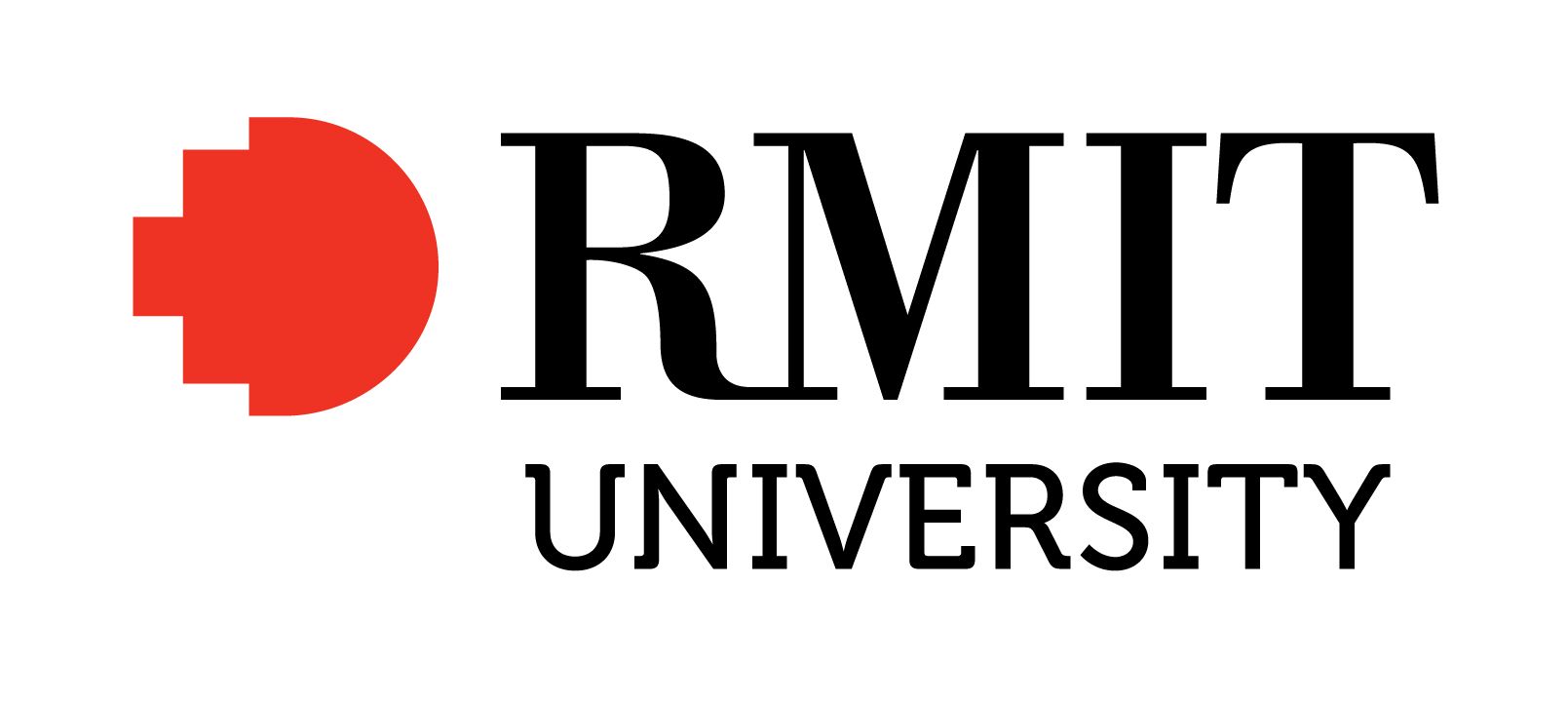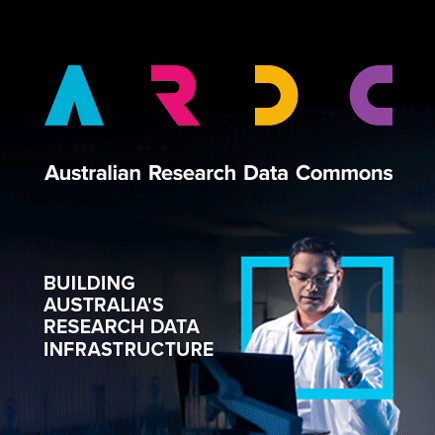Full description
A more holistic understanding of the benefits of sight-restoring cataract surgery requires a focus that goes beyond income and employment, to include a wider array of well-being measures. The objective of this study is to examine the monetary and non-monetary benefits of cataract surgery on both patients as well as their caregivers in Vietnam. Participants were randomly recruited from a Ho-Chi-Minh City Hospital. A total of 82 cataract patients and 83 caregivers participated in the survey conducted for this study. Paired t-tests, Wilcoxon Signed Rank tests, and regression analysis are used to detect any statistically significant differences in various measures of well-being for patients and caregivers before and after surgery. There are statistically significant improvements in monetary and non-monetary measures of well-being for both patients and caregivers approximately three months after undergoing cataract surgery, compared with baseline assessments collected prior to surgery. Non-monetary measures of well-being include self-assessments of overall health, mental health, hope, self-efficacy, happiness and life satisfaction. For patients, the benefits included statistically significant improvements in earnings, mobility, self-care, the ability to undertake daily activities, self-assessed health and mental health, life satisfaction, hope, and self-efficacy (p<0.01). For caregivers, attendance at work improved alongside overall health, mental health, hope, self-efficacy, happiness and life satisfaction, three months post-surgery (p<0.01). Restoring sight has positive impacts for those suffering from cataracts and their caregivers. Sometimes the benefits are almost equal in their magnitude. The study has also demonstrated that many of these impacts are non-monetary in nature. It is clear that estimates of the rate of return to restoring sight that focus only on financial gains will underestimate the true returns to society of restoring sight from cataract surgeries. Attached file provides supplementary data for linked article - this data consists of anonymized patient and caregiver data for use in both STATA and MS Excel. Subjects
Cataract surgery |
Employment |
Medical and Health Sciences |
Mental health and psychiatry |
Optometry and Ophthalmology |
Optometry and Ophthalmology Not Elsewhere Classified |
Patients |
Socioeconomic aspects of health |
Surgical and invasive medical procedures |
Vietnam |
Visual impairments |
User Contributed Tags
Login to tag this record with meaningful keywords to make it easier to discover
Identifiers
- Local : b7d2ca30e3ca053ae053d4bcab960b88


